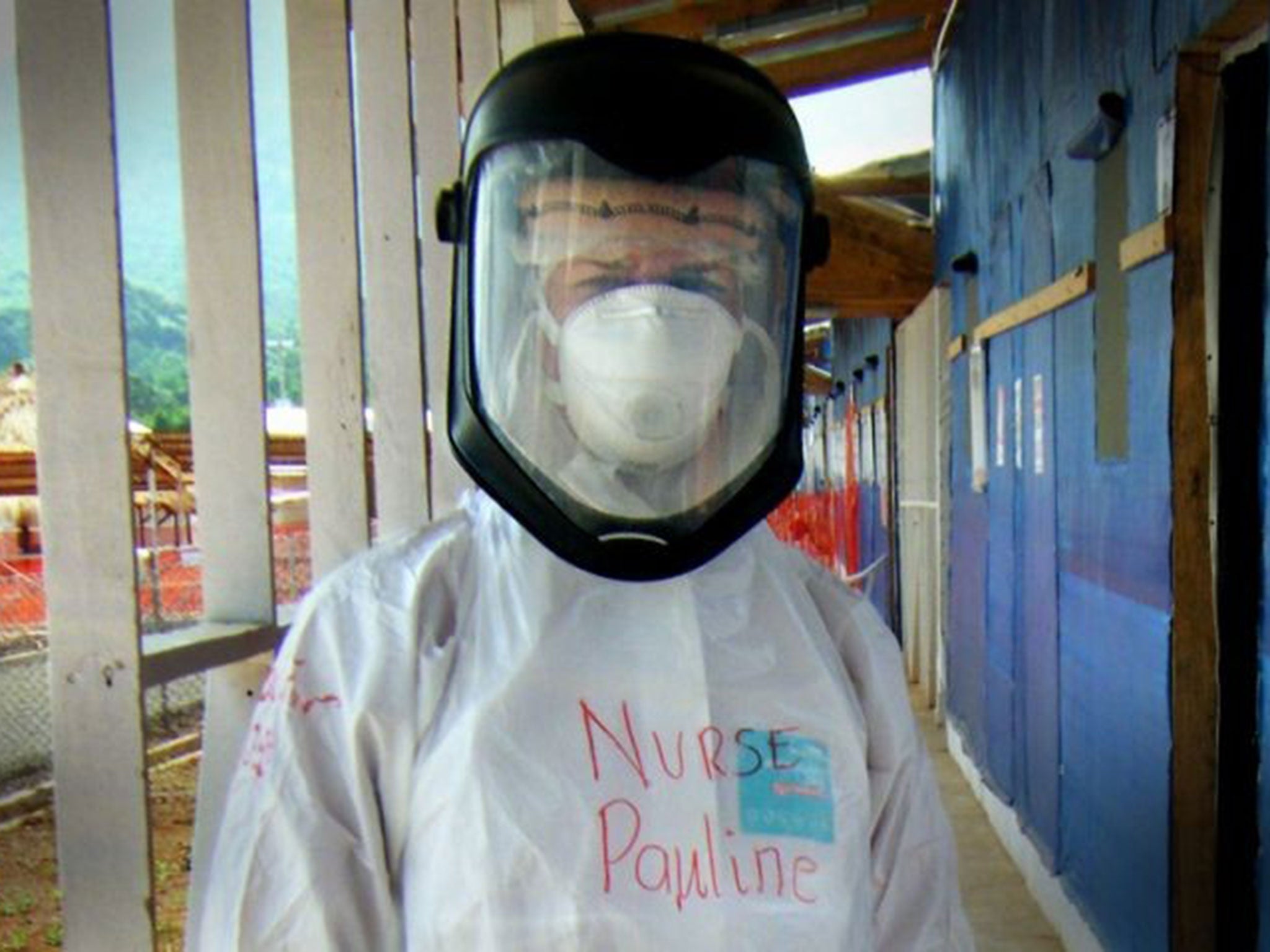Ebola experts unsure how many could be hit by return of disease as Pauline Cafferkey's condition deteriorates
As Pauline Cafferkey is in 'critical condition' following the recurrence of the disease, experts say that survivors in Africa could also be hit by problems long after the disease has apparently gone

Pauline Cafferkey is now in critical condition after an apparent recurrence of Ebola. And it isn’t clear whether this could be a sign that the Ebola disease might return in a way far more worrying than originally thought.
The last outbreak of the disease had a far higher survival rate than previous ones. And while that has been hailed as a huge victory for those fighting the disease, it means that experts do not know exactly what happens to Ebola once it is
Before last year, there were very, very few people in the world who had survived Ebola. But the survival rate was much higher in the recent outbreak — and it’s not clear what will happen to people who lived.
New cases of Ebola are now at a low, and are close to zero. And Ms Cafferkey didn’t re-catch the disease — instead, it seems to have stayed around in her body despite the symptoms clearing up.
There are not clear figures for how many people are hit by problems after the disease seems to have left the body. Some survivors report eye problems and other issues, long after the disease has spread, and they remain infectious for months.
But symptoms of the serious kind that have hit Ms Cafferkey appear to be rare.
Professor Jonathan Ball, of Nottingham University, described it as “highly unusual” that someone who had survived the virus would see it recur in such a serious way.
"It's difficult to second guess because we don't know what the complications are but it's highly unusual,” Professor Ball said.
"I'm not aware of another case in the literature where a patient has seemingly got over Ebola only to become critically ill later.
"If it's Ebola-related I'd assume she has some kind of organ failure in which case she will be getting the normal care to support them.
"She could also be getting anti-viral experimental drugs as these have worked for her before."

Professor Ball said that similar recurrences might have happened in Africa. But because of the less well-funded infrastructure there and relatively lacking media interest, we might never had heard of it.
The World Health Organisation (WHO) does not make public the number of people hit by complications after they are understood to have survived the disease.
But it does warn in its current advice that the virus can stay in a high percentage of people for up to three months. Then the body seems to reduce the amount of it active in the body’s system.
During those three months, people can still pass on the virus through bodily fluids like semen.
The WHO recommends that people are tested every month, after those first three months. At the same time, they should receive counselling to ensure that safety measures are implemented.
The WHO has described itself as being in the third part of its response to the Ebola outbreak, describing its aim now as “sustaining a resilient zero”.
The organisation describes Phase 3 as “build[ing] upon the rapid scale-up of treatment beds, safe and dignified burial teams, and behaviour change capacities during Phase 1”.
Ms Cafferkey’s family have said that doctors “missed a big opportunity” in failing to spot that she had become ill again. She felt ill last week, according to reports, and initially went to an out-of-hours clinic where she was diagnosed with having a virus and sent home.
She was originally treated after she contracted Ebola while working at a Save The Children treatment facility in Sierra Leone. She was diagnosed after she had returned to her home of Glasgow, and spent a month in isolation at the Royal Free hospital — during which she was also said to be critical Ć before being discharged later that month.
Join our commenting forum
Join thought-provoking conversations, follow other Independent readers and see their replies
Comments
Bookmark popover
Removed from bookmarks